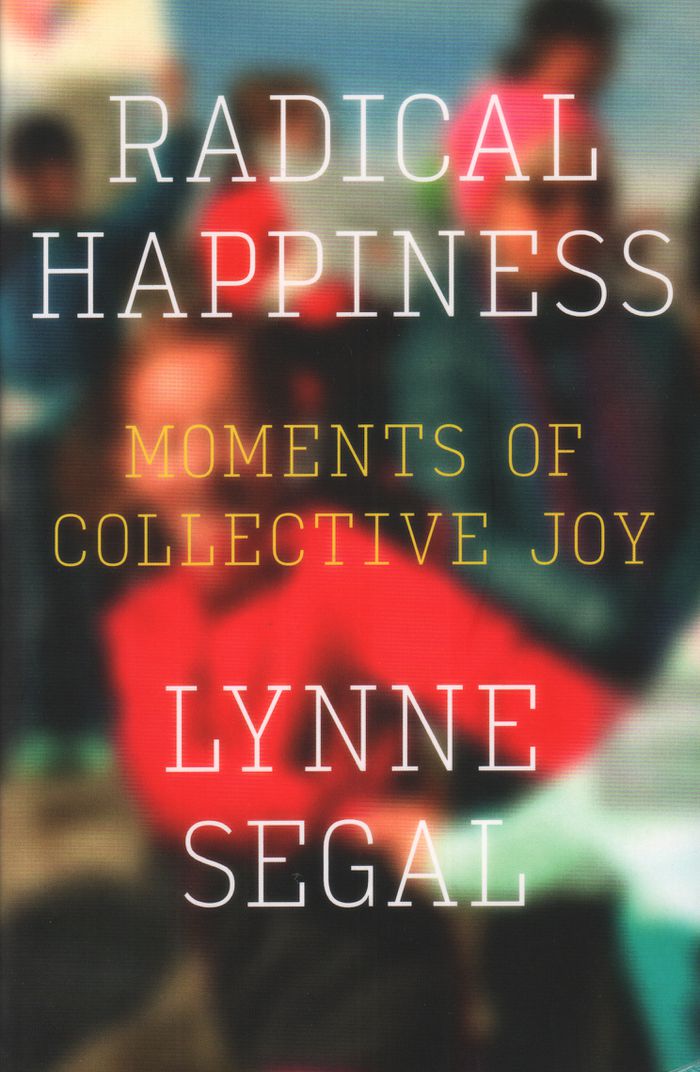$39.95
(available in store)
Summary:
Questions of care, intimacy, education, meaningful work, and social engagement lie at the core of our ability to understand the world and its possibilities for human flourishing. In ''Lean on me'' feminist thinker Lynne Segal goes in search of hope in her own life and in the world around her. She finds it entwined in our intimate commitments to each other and our shared(...)
Lean on me: A politics of radical care
Actions:
Price:
$39.95
(available in store)
Summary:
Questions of care, intimacy, education, meaningful work, and social engagement lie at the core of our ability to understand the world and its possibilities for human flourishing. In ''Lean on me'' feminist thinker Lynne Segal goes in search of hope in her own life and in the world around her. She finds it entwined in our intimate commitments to each other and our shared collective endeavours. Segal calls this shared dependence ''radical care''. In recounting from her own life the moments of motherhood, and of being on the front line of second-wave feminism, she draws upon lessons from more than half a century of engagement in left feminist politics, with its underlying commitment to building a more egalitarian and nurturing world. The personal and the political combine in this rallying cry to transform radically how we approach education, motherhood, and our everyday vulnerabilities of disability, ageing, and enhanced needs. Only by confronting head-on these different forms of interdependence and care can we change the way we think about the environment and learn to struggle — together —against impending climate catastrophe.
Social
$35.99
(available to order)
Summary:
Why are we so obsessed by the pursuit of happiness? With new ways to measure contentment we are told that we have a right to individual joy. But at what cost? In an age of increasing individualism, we have never been more alone and miserable. But what if the true nature of happiness can only be found in others? In Radical Happiness, leading feminist thinker Lynne Segal(...)
Radical happiness: the search for movements of collective joy
Actions:
Price:
$35.99
(available to order)
Summary:
Why are we so obsessed by the pursuit of happiness? With new ways to measure contentment we are told that we have a right to individual joy. But at what cost? In an age of increasing individualism, we have never been more alone and miserable. But what if the true nature of happiness can only be found in others? In Radical Happiness, leading feminist thinker Lynne Segal believes that we have lost the art of radical happiness— the art of transformative, collective joy. She shows that only in the revolutionary potential of coming together it is that we can come to understand the powers of flourishing. Radical Happiness is a passionate call for the re-discovery of the political and emotional joy that emerge when we learn to share our lives together.
Critical Theory
$22.99
(available to order)
Summary:
In an era of increasing individualism, we have never been more isolated and dispirited. A paradox confronts us. While research and technology find new ways to measure contentment and popular culture encourages us to think of happiness as a human right, misery is abundant. Segal believes we have lost the art of “radical happiness”—the liberation that comes with(...)
Radical happiness: moments of collective joy
Actions:
Price:
$22.99
(available to order)
Summary:
In an era of increasing individualism, we have never been more isolated and dispirited. A paradox confronts us. While research and technology find new ways to measure contentment and popular culture encourages us to think of happiness as a human right, misery is abundant. Segal believes we have lost the art of “radical happiness”—the liberation that comes with transformative, collective joy. She argues that instead of obsessing about our own well-being we should seek fulfilment in the lives of others. Examining her own experience in the women’s movement, Segal looks at the relationship between love and sex, and the scope for utopian thinking as a means to a better future. She also shows how the gaps in care that come from the diminishing role of the welfare state must be replaced by alternative ways of living together and looking after one another.
Social


